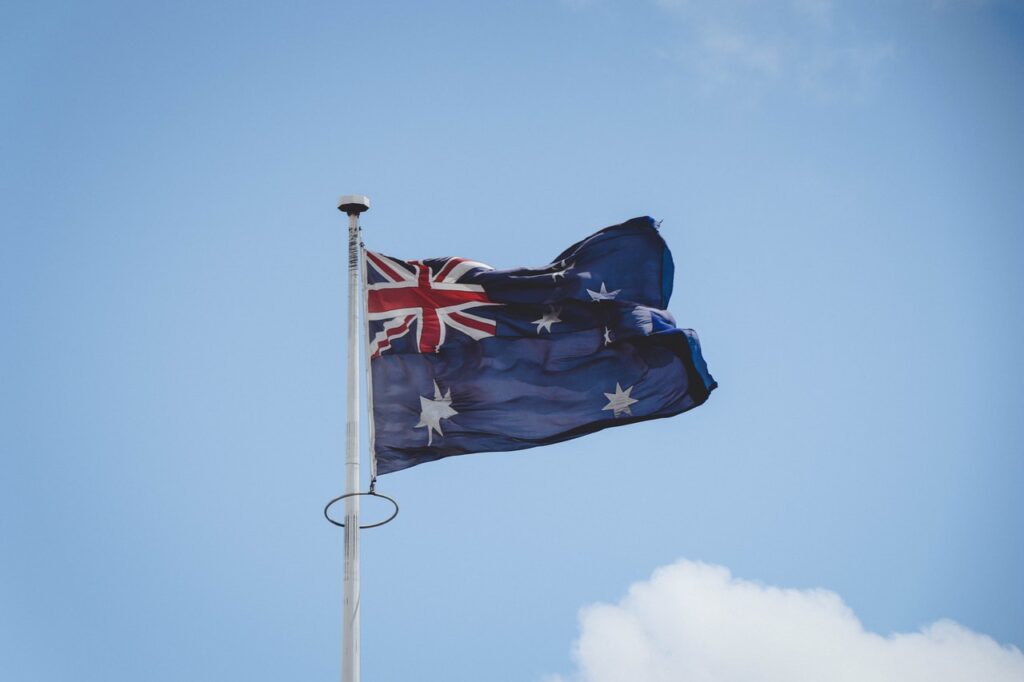E-3 Australians
Work Visas
E-3 Australians
The E-3 visa is a nonimmigrant visa available exclusively to citizens of Australia. These visas are available to citizens of Australia who have been offered employment in the United States in a “specialty occupation” position.
E-3 Visa: A Relative of the H-1B Visa
This visa is a close relative of the H-1B visa, having many of the same requirements:
- LCA Required – Both require a Labor Condition Application (LCA) from the U.S. Department of Labor. Both E-3 and H-1B LCAs require employers to make promises regarding the employee’s working conditions in the United States.
- Specialty Occupation – Both require the worker to be employed in a “specialty occupation.” Just like in the case of an H-1B visa, an E-3 “specialty occupation” is a position that normally requires a Bachelor’s degree or above.
- Educational Credentials – Both visas, in light of the specialty occupation requirement, require that the applicant have a Bachelor’s degree.
Due to these close similarities (and the greater popularity of H-1B visas), it can be difficult to have a conversation about E-3 visas without talking about H-1B visas.
To read more about the E-3 Visa click here.

E-3 Visa: Key Differences from H-1B Visas
Though these visas are closely related to H-1B visas, there are some key differences between these visa categories:
- Petition Not Required for Visa Stamping – An E-3 visa applicant does not require a prior petition approval from USCIS. Rather, an E-3 applicant can apply for a visa stamp at a United States consulate abroad by submitting an E-3 LCA and other needed supporting documents. E-3 filings with USCIS are only required to extend one’s stay in the United States without leaving the country.
The process is quite different for an H-1B visa applicant. An H-1B visa applicant must first obtain an approved H-1B Petition from USCIS in the United States. Only they can they apply for an H-1B visa stamp at a consulate.
- Shorter Requested Duration – E-3 status can be requested for only two years at a time. H-1B status can be requested in three-year periods.
- No Limit on Extensions – While H-1B status is generally limited to six years, there is no limit to how many times one may extend E-3 status.
- Greater Availability – While there is a cap of 10,500 E-3 visas each year, this cap has never been reached. Meanwhile, though there are many times more H-1B visas available each year, the popularity of the H-1B visa means that new H-1B visas are issued in a lottery, with some qualified applicants being rejected.
These key differences make the E-3 visa an attractive option for the Australian Citizens that have access to it.
Why Consult an Attorney for an E-3 Visa?
The E-3 visa attorneys of Shihab Burke, LLC, Attorneys At Law are experienced professionals in all aspects of U.S. immigration law. We have experience in assisting Australians and their employers navigate the E-3 process, including filing Labor Condition Applications and preparing for consular interviews.
Partnering with a team like Shihab Burke, LLC, Attorneys At Law is the perfect answer for international businesses that may not have in house legal counsel experienced in U.S. visa application requirements. When businesses have in-house legal counsel, our team can work in conjunction with in-house counsel on all matters relating to U.S. immigration law.
Call or email our team today to learn more about the E-3 visa.
